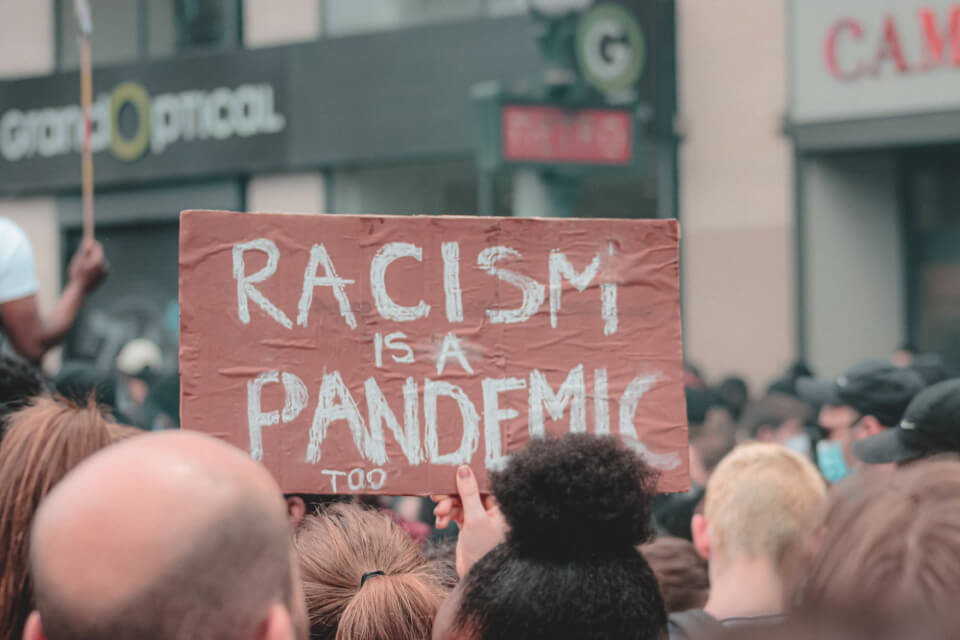Politics and personal style might seem like distinct areas, but there’s often an intriguing intersection between the two. Your political beliefs and how you engage with political issues can say a lot about your personal style, values, and identity. Here’s a look at how your political views can influence and reflect your personal style.
1. Political Ideologies and Fashion Choices
Expressing Beliefs Through Fashion: Your political beliefs can influence your fashion choices in subtle or overt ways. For example, wearing clothing with political messages, symbols, or colors associated with specific movements can signal your alignment with certain ideologies.
Symbolic Apparel: Many people use fashion as a form of political expression. From wearing pins and T-shirts supporting political causes to choosing eco-friendly or ethical fashion brands, your style can reflect your political values.
Implication: Fashion choices influenced by political ideologies can communicate your stance on various issues and create a visual representation of your beliefs and affiliations.
2. Activism and Personal Style
Activism Through Clothing: Engaging in activism often involves adopting a style that aligns with the cause you’re passionate about. This could mean sporting attire that promotes awareness or aligns with specific activist movements.
Uniforms of Activism: Certain activist groups or movements have recognizable uniforms or styles. For example, wearing black and red might be associated with anarchist movements, while rainbow colors often represent LGBTQ+ pride.
Implication: Your involvement in activism can shape your personal style, with clothing and accessories serving as symbols of your commitment to particular causes.
3. Political Leaders and Style Inspiration
Imitating Political Figures: The personal style of political leaders can influence public fashion trends. Whether it’s the classic elegance of a former president or the casual, approachable style of a contemporary politician, these styles can inspire and reflect broader political sentiments.
Style as a Statement: The way political figures present themselves can set trends and influence how their supporters dress, creating a connection between political identity and personal style.
Implication: The style of political leaders can impact your personal fashion choices, reflecting your admiration or alignment with their public persona.
4. Political and Social Values Reflected in Style
Values in Wardrobe: Your personal style often reflects broader social and political values. For example, choosing sustainable and ethical fashion brands can indicate a commitment to environmental and social issues.
Lifestyle Reflections: Your wardrobe choices might also reflect your stance on issues like gender equality, cultural diversity, or economic inequality. The brands you support and the styles you choose can provide insights into your values and beliefs.
Implication: Personal style can be a manifestation of your social and political values, offering a glimpse into your ethical considerations and lifestyle preferences.
5. Political and Cultural Contexts
Cultural Influences: Political and cultural contexts shape personal style. In societies with strong political movements, fashion often becomes a means of cultural expression, reflecting the current political climate.
Historical Trends: Historical political events have influenced fashion trends, from the flapper dresses of the 1920s reflecting women’s rights movements to the punk rock style of the 1970s representing anti-establishment sentiments.
Implication: Your personal style can be influenced by the political and cultural context of your time, showcasing how political events and movements shape fashion trends and individual choices.
6. Style as a Reflection of Political Engagement
Visible Political Engagement: The level of political engagement often manifests in personal style. Individuals who are deeply involved in political discourse may display this through their clothing choices, accessories, and overall appearance.
Subtle Signals: Even if not overt, personal style can subtly indicate your level of political engagement. Choosing certain colors, brands, or styles can reflect your awareness and alignment with political issues.
Implication: Your degree of political engagement can be mirrored in your personal style, whether through explicit political symbols or more subtle indications of your awareness and involvement.
7. Personal Style and Political Identity
Identity Through Style: Personal style is a crucial component of your overall political identity. The way you dress, the brands you choose, and the messages you promote through fashion can all contribute to how you are perceived politically.
Fashion as Identity: Your fashion choices can become a statement of your political identity, helping you connect with others who share similar views and values.
Implication: Personal style serves as a visible representation of your political identity, providing a way to express and reinforce your political beliefs and affiliations.
8. Navigating Style and Politics: A Balanced Approach
Finding Balance: Navigating the intersection of style and politics involves finding a balance that reflects your personal beliefs while allowing for individuality and self-expression. It’s about integrating your political values with your unique sense of style.
Expressing Authenticity: Maintaining authenticity in your personal style while incorporating political elements ensures that your fashion choices genuinely reflect your identity and beliefs without feeling contrived.
Implication: A balanced approach to integrating style and politics allows you to express your values authentically while maintaining a personal sense of fashion and individuality.
Conclusion
Your personal style can reveal a lot about your political views and values. From fashion choices and activism to cultural contexts and political identity, style serves as a powerful expression of political beliefs. By understanding how politics influences personal style and vice versa, you can gain insights into how your fashion choices reflect your values and how your political engagement shapes your overall appearance. Embracing this intersection allows for a more nuanced and authentic expression of both your style and political identity.



